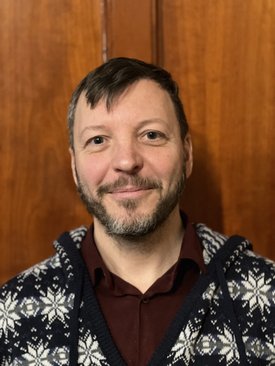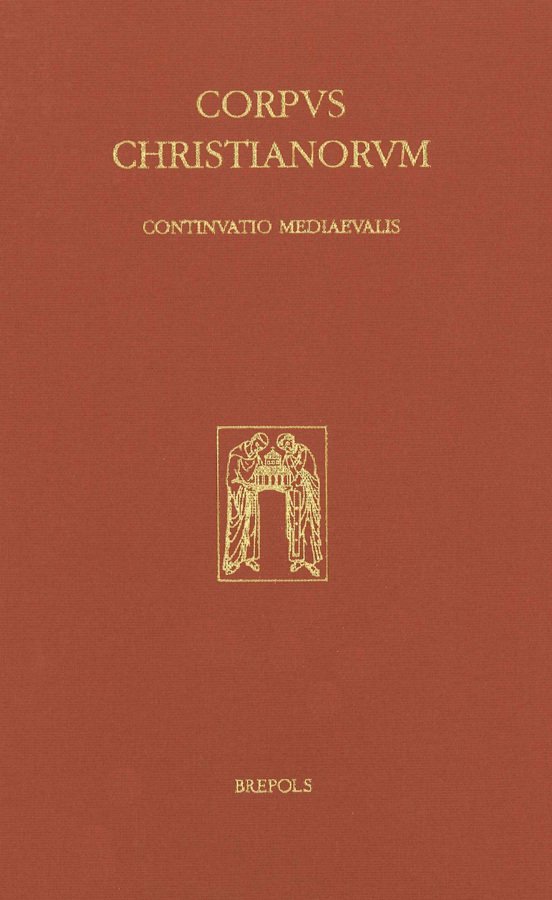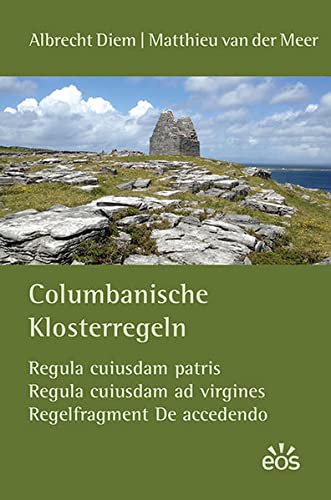
Matthieu H. van der Meer
DEPARTMENTS
- Languages, Literatures, and Linguistics
AFFILIATIONS
- Classical Civilization
- Classics (Latin or Greek emphasis)
- Medieval and Renaissance Studies
Associate Teaching Professor, Classics
CONTACT
-
215 HB Crouse Hall
Email: mhvander@syr.edu
CV
Entries in the areas listed below (other than biography and books) are selections delimited to the last five years. Consult the faculty member’s biography, listed website(s) or CV for additional information.


